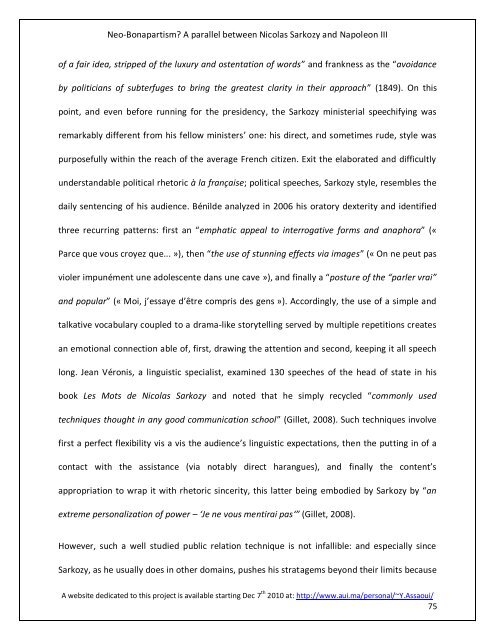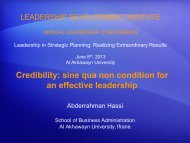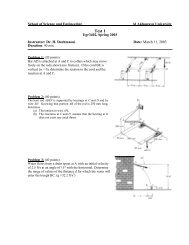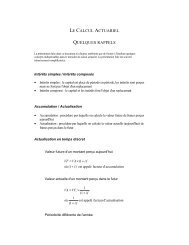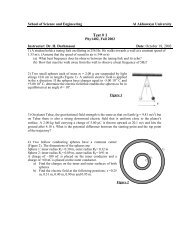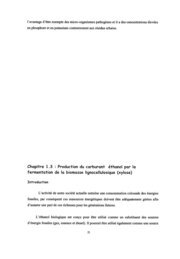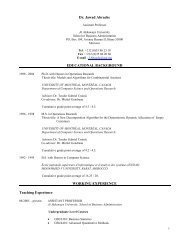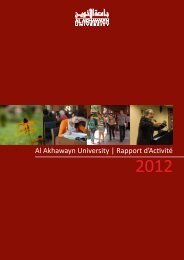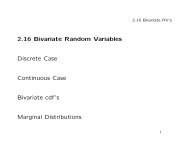Neo-Bonapartism? A parallel between Nicolas Sarkozy and ...
Neo-Bonapartism? A parallel between Nicolas Sarkozy and ...
Neo-Bonapartism? A parallel between Nicolas Sarkozy and ...
You also want an ePaper? Increase the reach of your titles
YUMPU automatically turns print PDFs into web optimized ePapers that Google loves.
<strong>Neo</strong>-<strong>Bonapartism</strong>? A <strong>parallel</strong> <strong>between</strong> <strong>Nicolas</strong> <strong>Sarkozy</strong> <strong>and</strong> Napoleon III<br />
of a fair idea, stripped of the luxury <strong>and</strong> ostentation of words” <strong>and</strong> frankness as the “avoidance<br />
by politicians of subterfuges to bring the greatest clarity in their approach” (1849). On this<br />
point, <strong>and</strong> even before running for the presidency, the <strong>Sarkozy</strong> ministerial speechifying was<br />
remarkably different from his fellow ministers’ one: his direct, <strong>and</strong> sometimes rude, style was<br />
purposefully within the reach of the average French citizen. Exit the elaborated <strong>and</strong> difficultly<br />
underst<strong>and</strong>able political rhetoric à la française; political speeches, <strong>Sarkozy</strong> style, resembles the<br />
daily sentencing of his audience. Bénilde analyzed in 2006 his oratory dexterity <strong>and</strong> identified<br />
three recurring patterns: first an “emphatic appeal to interrogative forms <strong>and</strong> anaphora” («<br />
Parce que vous croyez que... »), then “the use of stunning effects via images” (« On ne peut pas<br />
violer impunément une adolescente dans une cave »), <strong>and</strong> finally a “posture of the “parler vrai”<br />
<strong>and</strong> popular” (« Moi, j’essaye d’être compris des gens »). Accordingly, the use of a simple <strong>and</strong><br />
talkative vocabulary coupled to a drama-like storytelling served by multiple repetitions creates<br />
an emotional connection able of, first, drawing the attention <strong>and</strong> second, keeping it all speech<br />
long. Jean Véronis, a linguistic specialist, examined 130 speeches of the head of state in his<br />
book Les Mots de <strong>Nicolas</strong> <strong>Sarkozy</strong> <strong>and</strong> noted that he simply recycled “commonly used<br />
techniques thought in any good communication school” (Gillet, 2008). Such techniques involve<br />
first a perfect flexibility vis a vis the audience’s linguistic expectations, then the putting in of a<br />
contact with the assistance (via notably direct harangues), <strong>and</strong> finally the content’s<br />
appropriation to wrap it with rhetoric sincerity, this latter being embodied by <strong>Sarkozy</strong> by “an<br />
extreme personalization of power – ‘Je ne vous mentirai pas‘” (Gillet, 2008).<br />
However, such a well studied public relation technique is not infallible: <strong>and</strong> especially since<br />
<strong>Sarkozy</strong>, as he usually does in other domains, pushes his stratagems beyond their limits because<br />
A website dedicated to this project is available starting Dec 7 th 2010 at: http://www.aui.ma/personal/~Y.Assaoui/<br />
75


